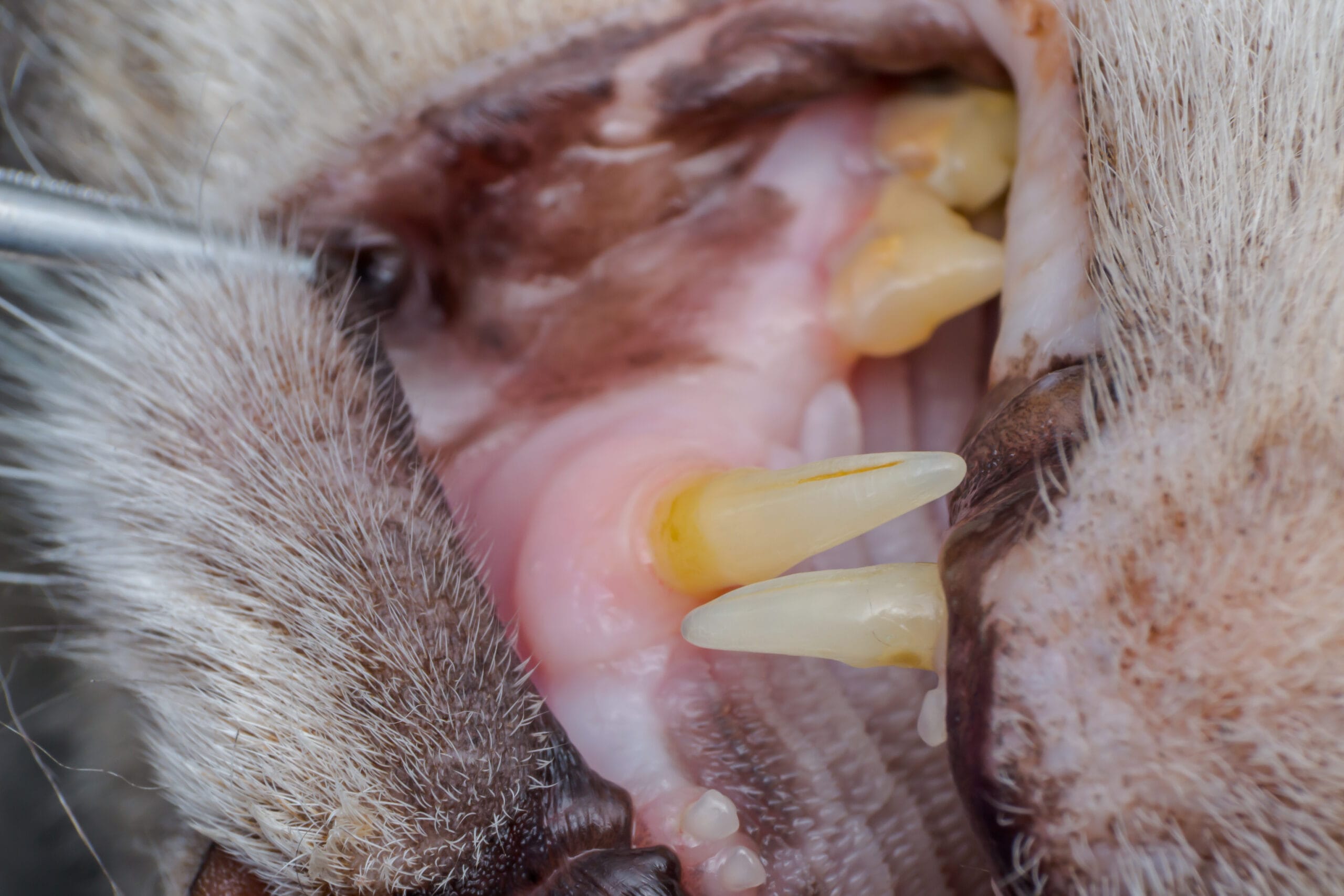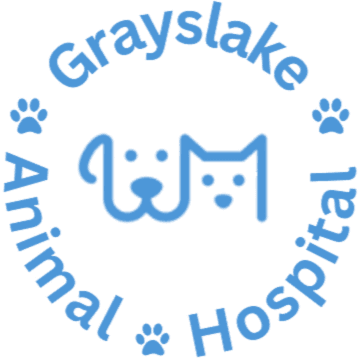Dental Care

By age 3, most pets have some degree of periodontal disease. This occurs as a result of bacterial infection along the gum line, due to the formation of plaque. Plaque is a sticky substance containing millions of bacteria that forms along the tooth surface and gum line. Without frequent removal, plaque eventually hardens into tartar. Left untreated, this leads to gradual destruction of the gum tissue and supportive structures around the teeth, which can result in tooth loss. Not only is periodontal disease harmful and painful because it results in loss of teeth, but it can also cause damage to important vital organs such as the:
- Heart
- Liver
- Lungs
- Kidneys
In the early stages of dental disease, your veterinarian can recommend home dental health care measures such as tooth brushing, dental treats and rinses, and dental diets.
When your pet requires professional dental care, it must be performed under general anesthesia. Your veterinarian will review the necessary procedures with you as well as pre-operative lab work, IV catheterization, and extractions when indicated.
While your pet is under anesthesia for their procedure, we can:
- Perform digital dental X-rays to check for damage under the gum line
- Probe the pockets around the teeth for signs of infection
- Painstakingly clean each tooth to remove plaque, tartar, and/or calculus (hardened tartar) both above and below the gum line
- Polish the tooth enamel to slow and minimize plaque buildup
- Extract any loose, broken, or decayed teeth that are likely causing your pet a lot of pain
- Accurately chart any and all findings regarding your pet’s oral health

Upon discharge, the veterinary team will review any instructions pertaining to post-dental medications, special feeding instructions, and when to resume home dental care. Your pet will thank you for remembering to take care of his or her mouth and live a longer and happier life as a result.

